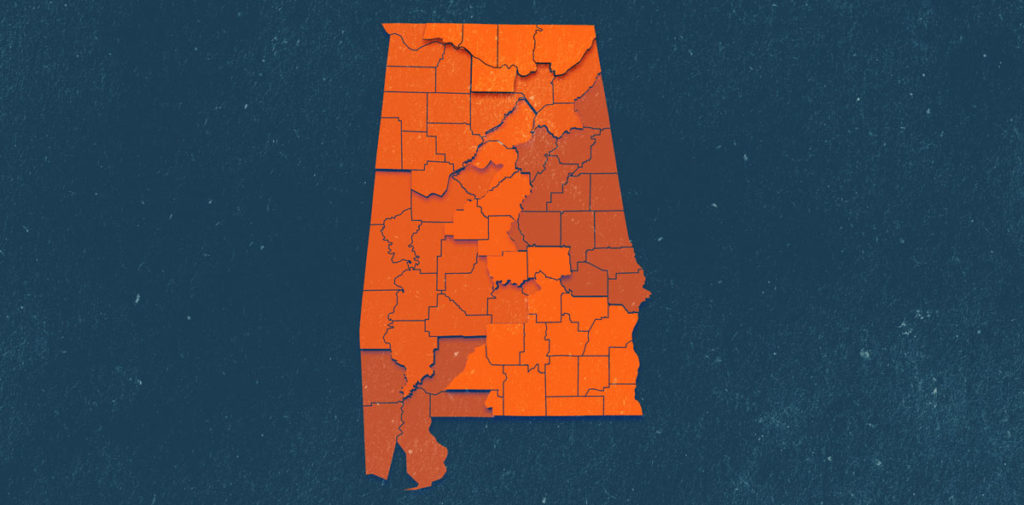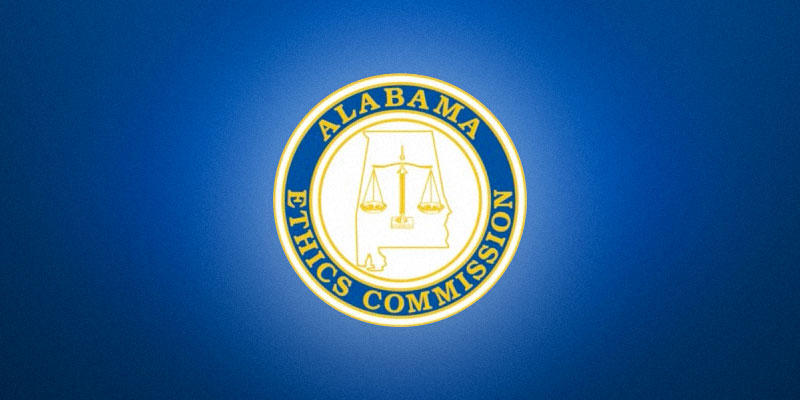President Donald Trump’s redistricting push is already underway in Texas, Florida, Ohio, Indiana, and Missouri, which could net Republicans a dozen new House seats.
Whether Alabama and its fellow Deep South states — Georgia, Louisiana, Mississippi, and South Carolina — will be able to join in on this effort remains an open question. If the Supreme Court’s upcoming decision in Louisiana v. Callais restores the original meaning of the 1965 Voting Rights Act, it could shift up to seven more seats into GOP hands.
Section 2 of the VRA forbids states “to deny or abridge the right of any citizen of the United States to vote on account of race or color” or to give members of any racial group “less opportunity than other members of the electorate to participate in the political process and to elect representatives of their choice.“
This was a necessary and straightforward corrective to the injustice of Jim Crow, but the Supreme Court later carried the law far beyond its original intent.
In Thornburg v. Gingles (1986), liberal justices ruled that states could violate Section 2 by drawing congressional districts in a way that diluted black electoral power — even if black individuals remained totally free to vote for “representatives of their choice.”
This led to a requirement that states with large black populations create majority-minority districts, including Alabama’s current 2nd and 7th Congressional Districts.
By the time of the Gingles decision, however, the districting process had little to do with race and everything to do with partisanship. Republican legislators in Montgomery want a map that “packs and cracks” black populations because Democrats regularly win over 90% of the black vote, not because of racial animus. It is not about race, it is about politics.
Majority-minority districts do not secure equal individual rights. They provide an unequal group privilege on the basis of skin color — a privilege that just so happens to benefit the Democratic Party.
Republicans in the deep-blue region of New England enjoy no such guarantees to maintain their political clout. In the 2024 House races, Democrats won almost 40% of the vote in the Deep South, while Republicans won just under 35% in New England.
The gap in congressional representation, however, was far greater. Republicans won in precisely zero of New England’s 23 House districts, while Deep South Democrats claimed 12 of the region’s 38 House seats, thanks largely to majority-minority districts.
This double standard gives Democrats an unfair advantage in the House of Representatives that can have massive political implications.
The 117th Congress, sworn in on January 3, 2021, included 222 Democrats — a majority of just five seats.
If southern red states had been free to draw their own districts the way New England’s blue states are, Republicans would likely have won at least six more seats, placing the House in GOP hands.
The lack of a Democratic trifecta means no American Rescue Plan, which passed in March 2021 without a single Republican vote and handed out $1.9 trillion worth of unnecessary COVID stimulus.
This largesse came at a high price. The month Biden took office, inflation stood at 1.4%. By June 2022, his reckless spending had driven it to 9.1%.
Biden spent the rest of his presidency trying to deflect responsibility, blaming inflation on Trump, corporate greed, and the Ukraine war. His Justice Department even sued Visa for claiming it drove up the cost of “nearly everything,” with its debit transaction fees, even though customers have plenty of other options and the fees themselves were miniscule compared to Bidenflation. Political analysts from both parties accused this Visa lawsuit of being nothing more than a partisan political stunt.
In the end, all Biden’s excuses rang hollow. One study found that 42% of the inflation spike resulted from federal spending — a share 2.5 times greater than the next-largest factor. Prices rose by 20% under Biden, costing the average family of four an extra $17,000 per year.
Since Trump’s return to office, wages have risen while inflation has remained under control. But there is still a long way to go to undo the damage Biden inflicted — damage that would not exist without the obsolete and unjust requirement to draw majority-minority districts.
Partisan gerrymandering may be an ignoble part of our political system, but so far no one has come up with a way to stop it. If the practice is here to stay, then blue and red states should have equal freedom to engage in it. The federal government has spent the last 40 years placing its thumb on the scale for Democrats in redistricting disputes, often with disastrous consequences for our country.
With a ruling in Louisiana v. Callais that overturns the Gingles precedent, those decades of injustice could finally come to an end.
State Rep. Kerry “Bubba” Underwood (R-Tuscumbia) has represented District 3 in the Alabama House of Representatives since 2022.











